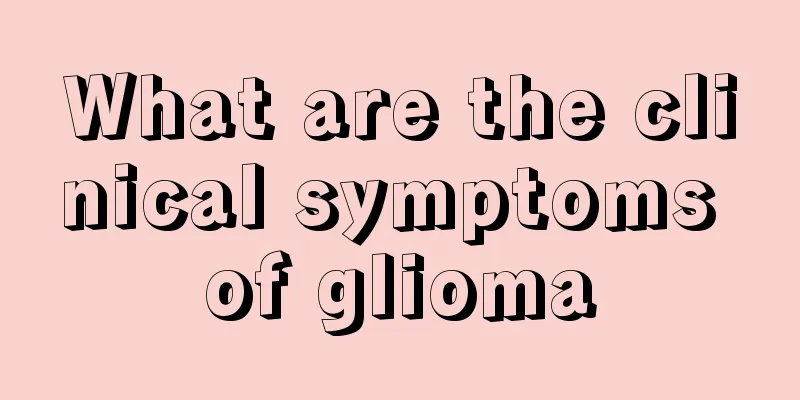Why does the heart beat prematurely

|
Premature heart beats may occur in normal people or in patients with some heart diseases. Premature heart beats may occur in various ways, including a person's careless lifestyle, frequent smoking and drinking, and no regular time to regulate oneself. These are the main factors that can cause premature heart beats, and some examination items need to be selected. Causes Premature beats can occur in normal people. But it is more likely to occur in patients with cardiac neurosis and organic heart disease. Emotional excitement, nervous tension, fatigue, indigestion, excessive smoking, drinking or drinking strong tea can all cause attacks. There may also be no obvious triggers. The toxic effects of digitalis, barium, quinidine, sympathomimetic drugs, chloroform, cyclopropane anesthetics, potassium deficiency, and heart surgery or cardiac catheterization can all cause attacks. Coronary heart disease, advanced mitral valve disease, heart disease, myocarditis, hyperthyroidism heart disease, mitral valve prolapse, etc. are prone to premature beats. Pathogenesis It may occur in a variety of ways. (I) Abnormal impulse formation caused by abnormal autonomy ① Under certain conditions, such as when the sinus impulse reaches the ectopic pacemaker, due to the Weidensky phenomenon, the threshold potential at that point is lowered and the diastolic depolarization slope is changed, causing premature beats. ② The permeability of the diseased atrium, ventricle or pulsatile fiber cell membrane to different ions changes, causing the fast-response fibers to transform into slow-response fibers, thereby accelerating the automatic depolarization during diastole, enhancing autonomy, and producing premature beats. (ii) Reentry phenomenon - circular reentry or focal microreentry. If the reentry pathway is the same, the morphology of the premature beat will be consistent; if the conduction velocity during the reentry is consistent, the pairing time of the premature beat with the previous beat will be fixed. (III) Parallel contraction 4. Triggered activity Clinical manifestations Premature beats may be asymptomatic or may cause palpitations or a feeling of cardiac arrest. Frequent premature beats can cause symptoms such as fatigue and dizziness (due to reduced cardiac output). For people with existing heart disease, this can induce or aggravate angina pectoris or heart failure. Auscultation may reveal irregular heart rhythm and a long compensatory interval after premature beats. The first heart sound of premature beats is often enhanced, while the second heart sound is often weakened or disappeared. When premature beats are in a binomial or tripeminic rhythm, a long pause can be heard after every two or three heartbeats. Premature beats are inserted between two regular heartbeats and may appear as three consecutive heartbeats. Palpation of the pulse may reveal intermittent absence of pulses. |
<<: What are the dangers of frequent premature beats
>>: The use of folic acid_What is folic acid for
Recommend
How to do a self-examination for testicular cancer
The early symptoms of testicular cancer are not p...
Ascites after chemotherapy for ovarian cancer
What should I do if I have abdominal effusion aft...
What is right thyroid tumor
When encountering right-sided thyroid adenoma, pa...
The principle of sticking ginger on the belly button to lose weight
Ginger is a hot food ingredient. Sticking ginger ...
The initial treatment of thyroid cancer should not be ignored
Patients with thyroid cancer all hope to be cured...
How to deal with a fish bone in the throat
I believe that everyone likes to eat fish in life...
How much does it cost to completely cure melanoma
How much does it cost to completely cure melanoma...
Explain the common symptoms of lung cancer
As we all know, the mortality rate of lung cancer...
Who are the most susceptible to gastric cancer? These three types of people need to pay attention
People who are prone to gastric cancer include th...
What are the tips for newborn development?
The development of newborns is particularly impor...
How many years can a person with thyroid cancer live?
Thyroid cancer is a common malignant tumor, and t...
The role and function of vitamin C
People often hear the word "vitamins" o...
After eating, my stomach growls.
Many people don’t quite understand why their stom...
If your appetite suddenly increases, beware of these four diseases
It is said that being able to eat is a blessing, ...
Know your health status from the sweating parts of your feet
Everyone has a different physique, so the amount ...









